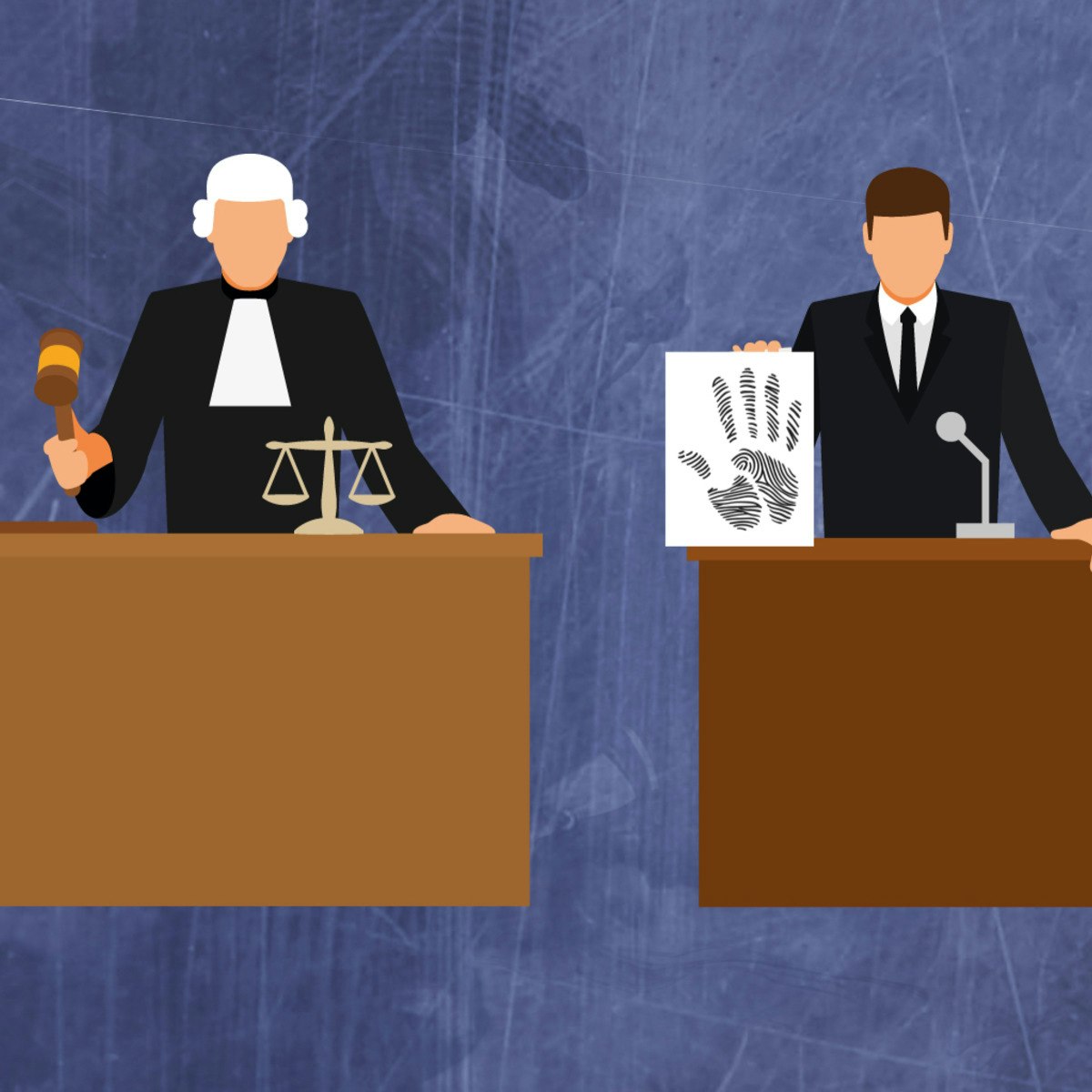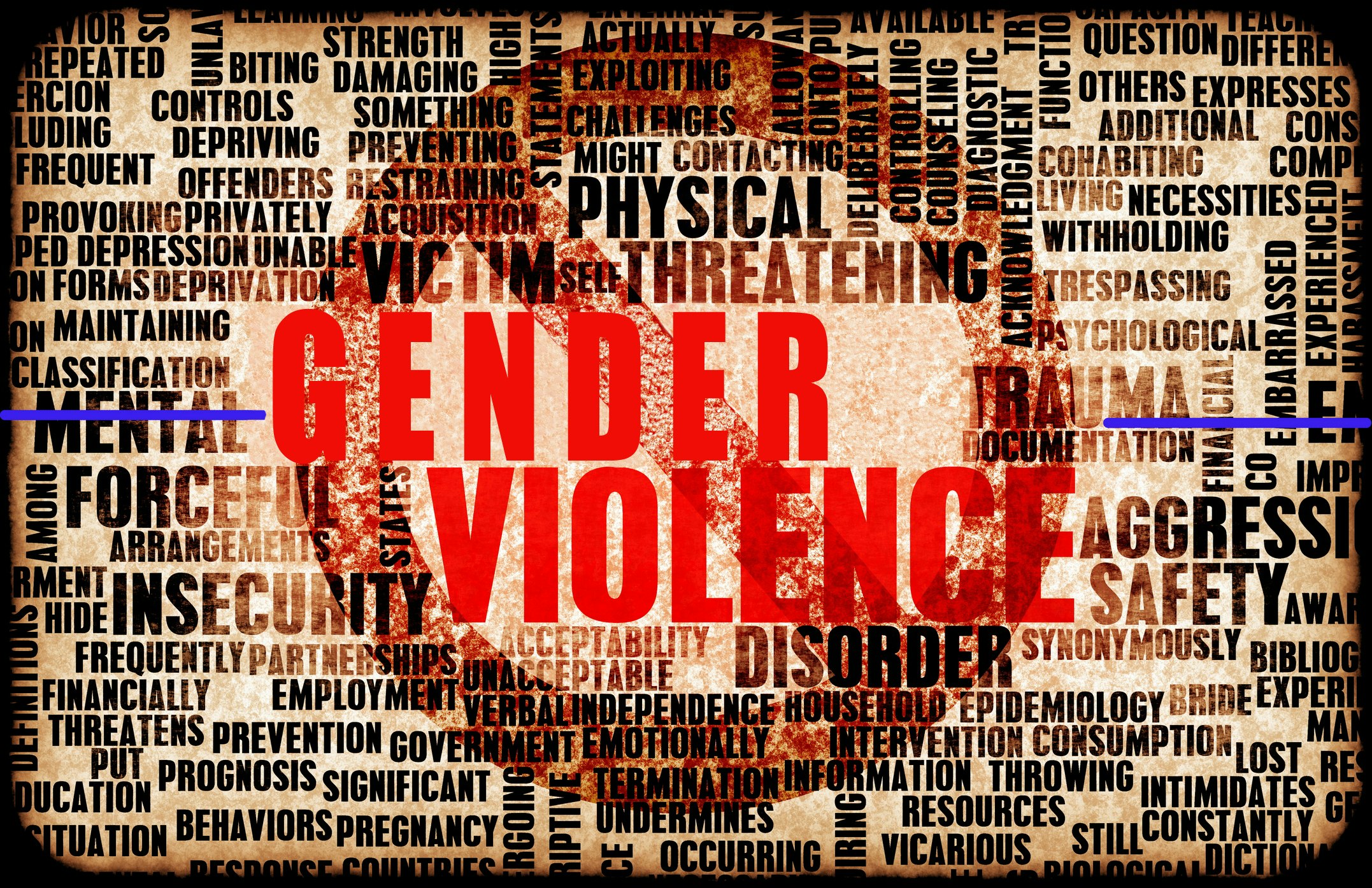Prosecutor
Career Guide: Becoming a Prosecutor
A prosecutor is a legal representative of the government who is responsible for bringing criminal charges against individuals or corporations. They operate within the justice system, working to uphold the law and ensure that those who commit crimes are held accountable. This role is pivotal in maintaining public safety and order within society.
Working as a prosecutor can be both challenging and deeply rewarding. It involves intricate legal analysis, compelling courtroom advocacy, and the pursuit of justice on behalf of the community. For those drawn to public service and the complexities of the law, a career in prosecution offers a unique opportunity to make a significant impact.
What Does a Prosecutor Do?
Core Responsibilities: The Foundation of Justice
The daily work of a prosecutor involves much more than courtroom appearances. A significant portion of their time is dedicated to evaluating cases brought forth by law enforcement. This includes meticulously reviewing police reports, witness statements, and physical evidence to determine if there is sufficient legal basis to file criminal charges.
Prosecutors conduct thorough legal research to build strong cases, drafting charging documents, motions, and briefs. They must analyze statutes, case law, and procedural rules to ensure their actions are legally sound. This behind-the-scenes work forms the critical foundation for pursuing justice effectively and ethically.
A key aspect of the role is exercising prosecutorial discretion. This means deciding whether to bring charges, what specific charges to file, and whether to offer plea bargains. This requires careful judgment, balancing the severity of the crime, the strength of the evidence, the defendant's history, and the interests of justice and the community.
The Courtroom Advocate: Voice for the People
When cases proceed to court, prosecutors become the government's advocates. They present the state's case during hearings, preliminary examinations, and trials. This involves delivering opening statements, presenting evidence through witness testimony and exhibits, and cross-examining defense witnesses.
Prosecutors must possess strong oral advocacy and argumentation skills to persuade judges and juries. They craft closing arguments that summarize the evidence and articulate why the defendant should be found guilty beyond a reasonable doubt. Their performance in court is often the most visible aspect of their work.
However, not all cases go to trial. Prosecutors frequently engage in plea bargaining negotiations with defense attorneys. This process aims to resolve cases efficiently while still achieving a just outcome, often involving reduced charges or sentencing recommendations in exchange for a guilty plea.
Collaboration and Ethical Obligations: Upholding Integrity
Prosecutors do not work in isolation. They collaborate closely with police officers and investigators during the evidence-gathering phase. They also interact regularly with victims and witnesses, keeping them informed and preparing them for testimony, often working alongside victim advocates.
Within the courtroom, prosecutors interact professionally with defense attorneys, judges, and court staff. While the relationship with defense counsel is adversarial by nature, maintaining civility and respect is crucial for the smooth functioning of the justice system. Interactions with judges require deference and adherence to court rules.
Above all, prosecutors are bound by strict ethical obligations. Their primary duty is to seek justice, not merely to win convictions. This includes disclosing potentially exculpatory evidence to the defense (the Brady rule), avoiding conflicts of interest, and ensuring fair treatment for all parties involved. Adherence to these ethical standards is paramount.
Understanding the nuances of criminal law is essential for prosecutors. These resources provide foundational knowledge in this complex field.
The Path to the Prosecutor's Office
Building a Strong Foundation: Undergraduate Education
The journey to becoming a prosecutor typically begins with a bachelor's degree. While no specific major is mandated, studies in political science, criminal justice, history, sociology, philosophy, or English can provide a strong foundation. These fields cultivate critical thinking, analytical reasoning, and strong writing skills, all essential for law school and legal practice.
Focus on achieving a strong academic record, as law school admissions are highly competitive. Participate in activities that develop public speaking, debate, and research skills. Understanding the basics of government and the legal system through relevant coursework is also beneficial.
Consider internships or volunteer work related to the legal field or public service. This can provide valuable exposure and help confirm your interest in a legal career before committing to the significant investment of law school.
The Crucial Step: Earning a Juris Doctor (JD) Degree
A Juris Doctor (JD) degree from an accredited law school is a non-negotiable requirement to practice law, including as a prosecutor, in the United States. Law school is typically a three-year, full-time program involving rigorous coursework, demanding reading assignments, and comprehensive exams.
During law school, focus on core subjects like Criminal Law, Criminal Procedure, Evidence, Constitutional Law, and Legal Ethics (Professional Responsibility). Electives in trial advocacy, negotiation, or specialized areas like white-collar crime can be particularly relevant for aspiring prosecutors.
Participating in activities like moot court (simulated appellate arguments), mock trial (simulated trial practice), or law review (legal scholarship journal) provides invaluable practical skills training and enhances your resume. These experiences demonstrate commitment and aptitude for legal practice.
These courses offer insights into constitutional principles and human rights, areas often intersecting with criminal prosecution.
These books delve into fundamental legal and constitutional theories relevant to the practice of law.
Clearing the Hurdle: Bar Admission and Licensing
After graduating from law school, aspiring prosecutors must pass the bar examination in the state where they intend to practice. The bar exam is a notoriously difficult test covering a wide range of legal subjects, specific state laws, and legal ethics.
Preparation typically involves intensive study courses lasting several weeks or months. Success requires dedication, discipline, and a thorough understanding of the material tested. Passing the bar exam grants a license to practice law within that jurisdiction.
In addition to passing the exam, applicants must undergo a character and fitness evaluation. This process assesses an individual's past conduct to ensure they possess the integrity and ethical standing required to practice law. Honesty and full disclosure during this process are critical.
Gaining Practical Experience: Internships and Clerkships
While law school provides theoretical knowledge, practical experience is essential. Seek internships or externships with a prosecutor's office (such as a District Attorney's office or U.S. Attorney's office) during summers or even during the school year if possible.
These opportunities provide firsthand exposure to the daily tasks of prosecutors, allowing students to assist with case preparation, legal research, and sometimes even observe court proceedings. Such experiences are highly valued by hiring offices after graduation.
A judicial clerkship, working directly for a judge after law school, is another prestigious and beneficial experience. Clerks gain insight into the judicial decision-making process, hone their research and writing skills, and observe lawyers in action, offering a unique perspective valuable for future prosecutors.
Leveraging Online Learning for Aspiring Prosecutors
Supplementing Legal Knowledge and Skills
While online courses cannot replace a formal JD degree or qualify you for bar admission, they can be valuable supplements. Platforms like OpenCourser list courses that delve into specific areas relevant to prosecution, such as international criminal law or forensic science.
These courses can be useful for undergraduate students exploring legal interests, law students wanting deeper dives into niche topics, or even practicing attorneys seeking specialized knowledge for continuing legal education (CLE) credits.
Focus on courses that enhance understanding of substantive law (like criminal law variations) or related fields that frequently intersect with prosecution (like psychology or specific types of forensic evidence). This can broaden your perspective and knowledge base.
These online courses offer deeper dives into international criminal law and the role of forensic science in the legal system.
Developing Foundational and Adjacent Skills
Online learning can also help develop foundational skills useful in any legal career. Courses focusing on legal research methodologies, persuasive writing, critical thinking, and even public speaking can be beneficial, complementing formal legal training.
While hands-on advocacy skills are best learned through mock trial, clinics, and real-world practice, online resources might offer theoretical frameworks or workshops on negotiation or argumentation strategies. Remember that practical application is key.
It is crucial to maintain realistic expectations. Online courses provide knowledge and can enhance skills, but they are not a shortcut to becoming a licensed attorney. The traditional path through an accredited law school and passing the bar exam remains mandatory.
Staying Current in a Dynamic Field
The law is constantly evolving. Practicing prosecutors must stay informed about new legislation, landmark court decisions, and changing legal trends. Many jurisdictions require lawyers to complete Continuing Legal Education (CLE) hours annually.
Online platforms often host CLE-eligible courses covering recent developments in criminal law, ethics, trial techniques, or technology relevant to legal practice. This offers a convenient way for busy prosecutors to meet their requirements and stay sharp.
Utilizing resources like OpenCourser's list management feature can help you track relevant courses for future study or CLE needs. Staying current is not just a requirement but a professional responsibility.
Career Progression and Opportunities
Starting the Journey: Entry-Level Roles
Most prosecutors begin their careers in entry-level positions, commonly titled Assistant District Attorney (ADA), Deputy District Attorney (DDA), or Assistant State's Attorney, depending on the jurisdiction. In the federal system, the entry role is typically Assistant United States Attorney (AUSA).
New prosecutors usually handle misdemeanor cases or less complex felonies initially. They work under the supervision of more experienced attorneys, learning courtroom procedures, case management, and negotiation skills. Caseloads can be high, providing rapid exposure to various aspects of the job.
These early years are crucial for building fundamental skills, developing sound judgment, and establishing a reputation for competence and ethical conduct. Strong performance in these roles is the key to future advancement.
Advancing Through the Ranks: Specialization and Leadership
With experience, prosecutors can advance to handling more serious and complex felony cases, such as homicide, sexual assault, major drug offenses, or complex financial crimes. Many offices have specialized units focusing on specific types of crime.
Opportunities for promotion include becoming a senior prosecutor, supervising attorney, unit chief, or ultimately, the elected or appointed head of the office (e.g., District Attorney, U.S. Attorney). Leadership roles involve managing staff, setting office policies, and handling high-profile cases.
Advancement often depends on trial success, demonstrated legal skill, leadership potential, and sometimes political factors, especially for top positions. Building a strong track record and professional network is important.
Developing strong pre-trial skills is crucial for effective prosecution. This book provides guidance on this critical phase.
Beyond Prosecution: Diverse Career Paths
The skills and experience gained as a prosecutor open doors to various other career paths. Many former prosecutors transition into judicial roles, becoming state or federal judges. Their courtroom experience provides a strong foundation for overseeing trials.
Some move into private practice, often specializing in criminal defense, leveraging their understanding of prosecutorial strategies. Others may enter civil litigation or corporate law. The analytical, advocacy, and negotiation skills are highly transferable.
Public service often continues in other forms, such as running for political office, working in government agencies on policy matters, or teaching law. The prosecutorial background provides credibility and expertise in legal and public safety issues.
These careers often work closely with prosecutors within the justice system.
The Weight of Responsibility: Ethical Considerations
The Prosecutor's Unique Duty: Seeking Justice
Unlike other attorneys who advocate solely for their client's interests, a prosecutor's duty is to seek justice within the bounds of the law. This involves not only prosecuting the guilty but also protecting the innocent and ensuring the rights of the accused are respected throughout the process.
Ethical rules, such as the ABA Model Rules of Professional Conduct (Rule 3.8), outline specific obligations. These include refraining from prosecuting charges known to lack probable cause, disclosing evidence favorable to the defense, and avoiding improper public statements about cases.
This unique role requires a commitment to fairness, impartiality, and upholding the integrity of the justice system, even when it conflicts with the desire to secure a conviction. The power wielded by prosecutors demands exceptional ethical awareness.
Navigating Difficult Decisions with Integrity
Prosecutors constantly face difficult decisions involving discretion. Choosing whom to charge, what charges to bring, whether to offer a plea deal, and what sentence to recommend are all significant choices with profound consequences for individuals and the community.
Exercising this discretion responsibly requires careful consideration of the facts, the law, the defendant's circumstances, the victim's perspective, and the broader interests of justice. Bias, personal feelings, or political pressure should never influence these critical decisions.
The potential for prosecutorial misconduct, such as withholding evidence or making improper arguments, carries severe consequences, including disciplinary action, overturned convictions, and damage to public trust. Maintaining the highest ethical standards is non-negotiable.
Addressing Systemic Issues and Wrongful Convictions
Prosecutors play a role in the broader criminal justice system and must be aware of systemic issues like potential biases and the risk of wrongful convictions. Ethical prosecution involves taking proactive steps to prevent errors and injustices.
This includes carefully evaluating the reliability of evidence, particularly eyewitness identification and confessions, being open to new evidence that might exonerate a defendant, and supporting conviction integrity units that review past cases for potential errors.
Upholding justice requires acknowledging imperfections in the system and working towards improvements. A commitment to truth and accountability is essential, even when it means admitting past mistakes.
This course explores issues relevant to ethical considerations in prosecution, such as confronting gender-based violence, which often involves vulnerable victims and complex evidence.
A Day in the Life: Work Environment
The Office and the Courtroom: A Dynamic Setting
The life of a prosecutor is typically split between office work and court appearances. Office days involve reviewing files, researching legal issues, drafting documents, meeting with investigators and witnesses, and negotiating with defense counsel. These tasks require focus and analytical rigor.
Court days involve presenting cases before judges and juries, arguing motions, and handling arraignments, preliminary hearings, and sentencing proceedings. The courtroom environment is often fast-paced, adversarial, and demands quick thinking and strong communication skills.
The balance between office and court time varies depending on the specific role, caseload, and stage of the cases being handled. Adaptability and the ability to switch between detailed analysis and public performance are key.
Managing the Pressure: Caseloads and Deadlines
Prosecutors typically manage heavy caseloads, often juggling dozens or even hundreds of cases simultaneously at various stages of the legal process. This requires exceptional organizational skills, attention to detail, and effective time management.
The work involves constant deadlines for filing documents, responding to motions, and preparing for court dates. The pressure to manage the volume effectively while ensuring each case receives appropriate attention can be significant.
The nature of the work, dealing with crime and its impact on victims and communities, can also be emotionally taxing. Developing coping mechanisms and maintaining professional boundaries is important for long-term well-being in this demanding field.
Working Relationships: Collaboration and Adversaries
Effective prosecution relies on strong working relationships. Prosecutors collaborate closely with law enforcement agencies from the initial investigation through trial preparation. They also work with support staff like paralegals and investigators within their own office.
Building rapport with victims and witnesses is crucial for presenting compelling testimony. Prosecutors often work with victim advocates to ensure victims are supported and informed throughout the often difficult legal process.
The relationship with defense attorneys is inherently adversarial, focused on opposing legal positions. However, maintaining professionalism and mutual respect is essential for efficient case resolution and the overall functioning of the justice system.
Evolving Landscape: Trends Shaping Prosecution
Technology's Double-Edged Sword
Technology profoundly impacts modern prosecution. The rise of digital evidence from computers, smartphones, and social media requires prosecutors to understand digital forensics and navigate complex legal issues related to privacy and data seizure.
Case management software helps manage large caseloads, while legal research databases streamline the analysis of statutes and precedents. Emerging technologies like Artificial Intelligence (AI) may offer future potential for tasks like evidence review or predictive analysis, though ethical and practical challenges remain.
Conversely, technology also presents challenges, such as the proliferation of deepfakes or the complexities of cybercrime investigations, requiring prosecutors to continually adapt their skills and knowledge.
Responding to Policy and Social Shifts
Prosecution does not occur in a vacuum; it is influenced by broader societal trends and policy changes. Movements towards criminal justice reform, including sentencing reform and the decriminalization or legalization of certain activities (like cannabis), directly impact prosecutorial priorities and caseloads.
There is increasing focus on alternatives to traditional prosecution, such as diversion programs and restorative justice initiatives, particularly for non-violent offenses. Prosecutors must adapt to these evolving approaches and consider their role within a changing justice landscape. Resources like those from Pew Research Center often track public opinion and trends related to crime and justice.
Public discourse around issues like racial justice and policing also shapes the context in which prosecutors operate, increasing scrutiny and demands for transparency and accountability.
Global Perspectives and International Cooperation
In an increasingly interconnected world, some prosecutorial work extends beyond national borders. This is particularly true for federal prosecutors dealing with international drug trafficking, terrorism, cybercrime, or financial crimes with global links.
Understanding international law, extradition treaties, and processes for mutual legal assistance is crucial for handling transnational cases. Some prosecutors may even work on cases before international criminal tribunals dealing with war crimes or genocide.
Globalization requires prosecutors to be aware of legal frameworks and enforcement mechanisms in other countries and to collaborate effectively with international counterparts when necessary.
These resources provide insight into international law, relevant for prosecutors dealing with transnational crime or working in international contexts.
Frequently Asked Questions
Compensation and Job Market Realities
Prosecutor salaries vary significantly based on factors like geographic location (urban vs. rural), level of government (federal, state, local), and years of experience. Generally, salaries in public service are lower than those in large private law firms.
According to the U.S. Bureau of Labor Statistics, the overall employment of lawyers is projected to grow, but competition for prosecutor positions, especially in desirable locations or federal roles, can be intense. Strong academic credentials and relevant experience are key.
While not typically leading to extreme wealth, a career as a prosecutor offers stable employment, government benefits, and the significant non-monetary reward of public service.
Skills for Success and Career Transferability
Key skills for a successful prosecutor include exceptional analytical and critical thinking abilities, strong legal research and writing, persuasive oral advocacy, negotiation skills, sound judgment, and unwavering ethical integrity. Resilience and the ability to handle pressure are also vital.
These skills are highly transferable. Former prosecutors are often sought after for roles requiring litigation expertise, strong ethics, and an understanding of government processes. This includes private practice (especially criminal defense), judicial positions, government policy roles, and corporate compliance.
Even if one doesn't remain a prosecutor for their entire career, the training and experience provide a robust foundation for various legal and leadership positions.
Work-Life Balance and Occupational Challenges
A career in prosecution is demanding and often involves long hours, especially during trial preparation or when facing urgent deadlines. High caseloads contribute to significant work pressure. Achieving a healthy work-life balance can be challenging but is crucial for avoiding burnout.
Prosecutors regularly deal with the aftermath of crime, including exposure to disturbing evidence and interaction with victims experiencing trauma. This emotional toll requires resilience and access to support systems.
Despite the challenges, many find the work deeply meaningful. The sense of purpose derived from upholding the law, protecting the community, and seeking justice for victims provides powerful motivation.
Navigating Influence and Maintaining Independence
Prosecutors hold significant power, and their decisions can be subject to public scrutiny and, at times, political pressure, especially for elected District Attorneys. Maintaining independence and making decisions based solely on the facts and the law is a core ethical imperative.
Navigating potential political influences while upholding professional standards requires strong character and a commitment to impartiality. Prosecutors must ensure their actions serve the interests of justice, not partisan agendas or personal gain.
Building trust with the community relies on demonstrating fairness, transparency (within legal limits), and a consistent commitment to ethical prosecution, independent of external pressures.
Becoming a prosecutor is a demanding path requiring significant educational commitment, rigorous training, and unwavering ethical standards. It offers a unique opportunity to serve the public, uphold the rule of law, and engage directly with the complexities of the justice system. For those with the dedication, intellect, and integrity required, it can be an immensely challenging yet profoundly rewarding career. If you are exploring legal careers, resources like the Legal Studies section on OpenCourser or the OpenCourser Learner's Guide can provide further information and learning opportunities.







